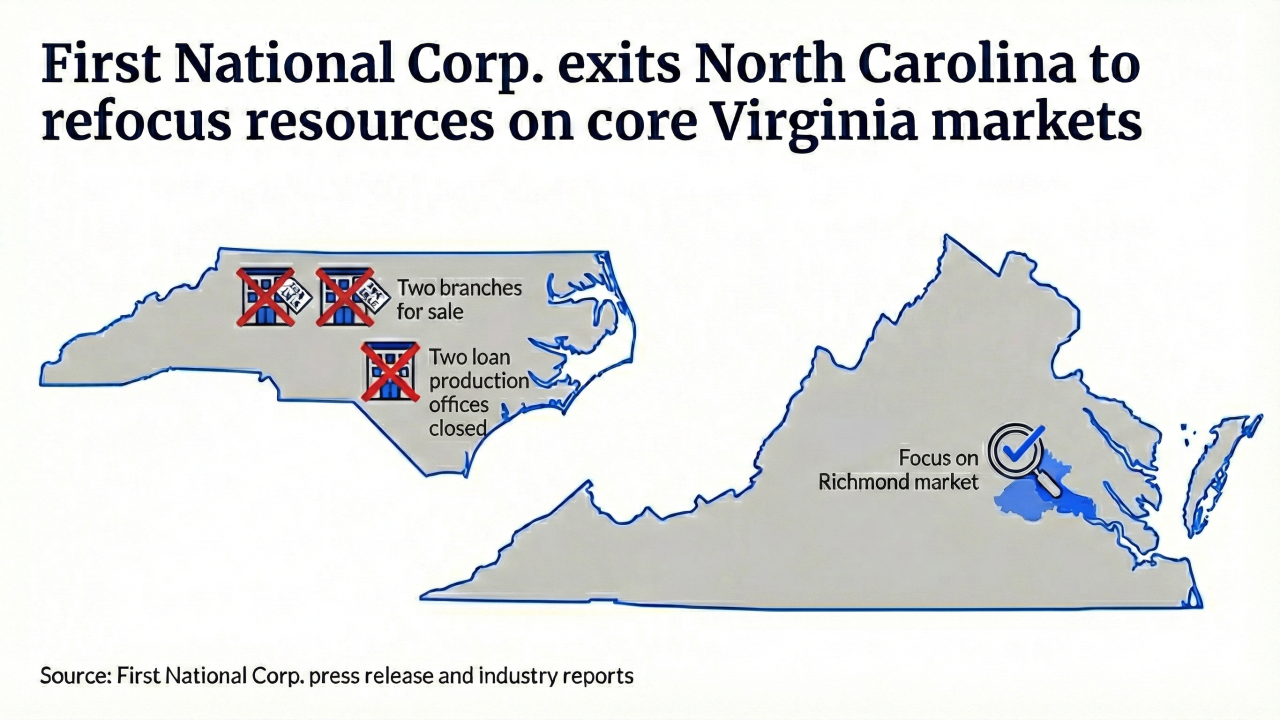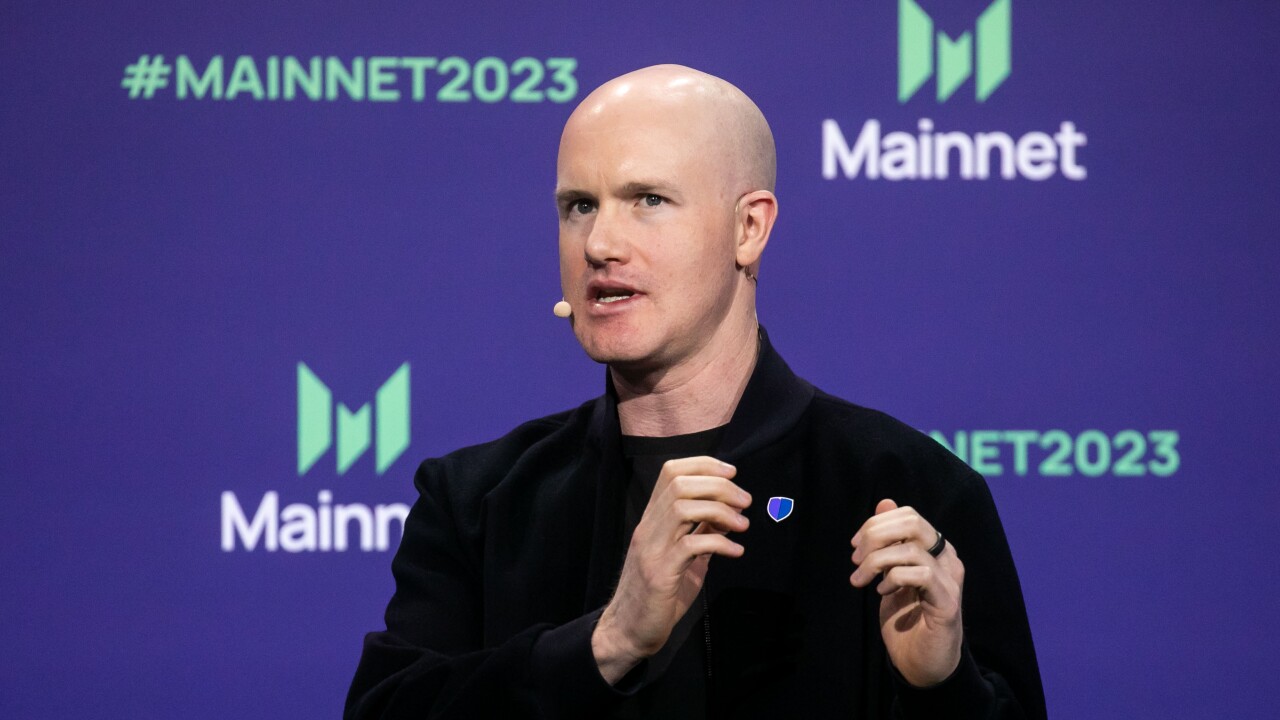With foreign trade booming, community banks across the country are increasingly turning to their correspondent banks to meet the needs of small businesses with international aspirations.
Processing Content
The community bankers are hoping to retain longtime customers by providing services that only much bigger banks used to offer.
"Everybody wants to do more fee business and do more business with existing customers," said David Marks, vice president and manager of international trade services at Minneapolis-based Norwest Corp. "More companies are doing international business than ever before, so the banks for these companies are just naturally trying to serve their customers."
Regional banks and bankers' banks are seeing a steady rise in demand among their small-bank clients for products ranging from simple currency exchange to more sophisticated letters of credit, wire transfers, and foreign check collection.
In Wisconsin, for example, many of the banks have customers with ties to Asian countries, and the state's large Polish community has a growing interest in Eastern Europe, said Helge S. Christensen, president and chief executive of Bankers Bank in Madison.
Some community banks are also seeking so-called private-label arrangements, in which a correspondent bank provides back-office servicing for international products under the community bank's name.
That's particularly helpful when a community bank fears that a larger bank might compete for its customers, said Chris A. Wilmot, vice president of CoreStates Bank in Philadelphia.
Although such international services have been offered for years by many correspondents, the increased need for them recently reflects the growing participation of small companies in the global economy.
In the past, companies that operated internationally were much larger and turned only to regional banks for service. Many smaller companies have entered the international arena in recent years, however, as their businesses have become more sophisticated and they've learned how to market their products overseas.
That's particularly true in the Midwest, where agricultural interests that traditionally had been locally focused are now major exporters of farm and manufacturing products.
Also, the small, internationally active businesses used to be based only in large cities, but today many of the newer clients for international products are based in small towns or rural areas. Most would prefer sticking with established local institutions.
That's put many community banks in unfamiliar territory, prompting them to ask for help - or risk losing a customer.
"For small businesses, exports are very, very important and a bank that lacks that technology can't support their customers' growing international needs, be it export or import," Mr. Marks said.
"The smaller community bank is striving to the greatest degree possible to be able to continue to serve their client base and not lose them to larger banks," said Mark A. Hoppe, executive vice president of LaSalle National Bank in Chicago.
So far, the efforts by correspondent banks to market their offerings haven't translated into a flood of new business. But correspondent bankers say demand is likely to continue increasing because exports are the fastest-growing part of the economy and Americans still look for cheaper imported products. "That is a classic case of how correspondent banks can help community banks compete and serve their customers," said Mark P. Reinemann, first vice president for correspondent banking at Firstar Corp., Milwaukee.





